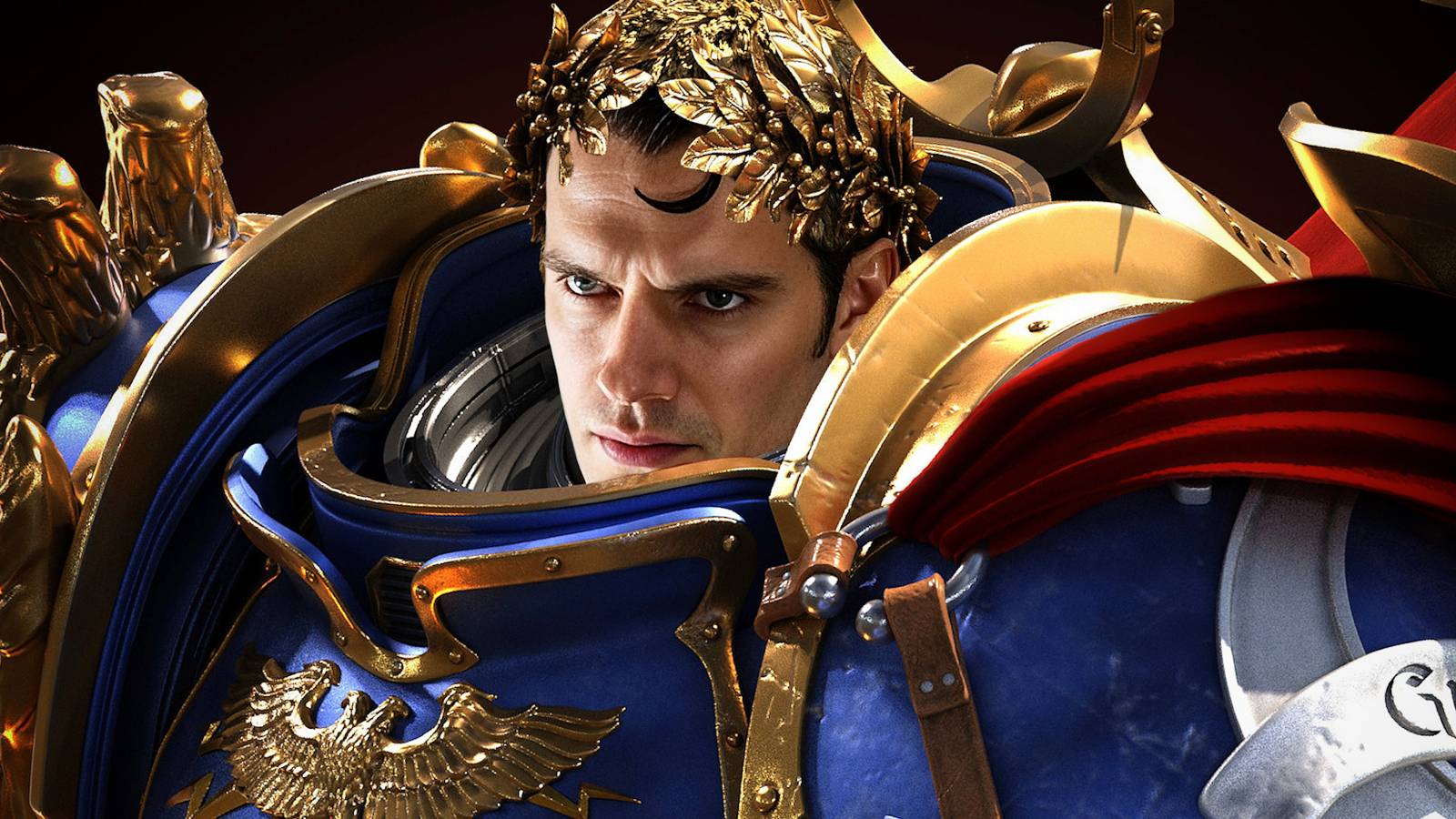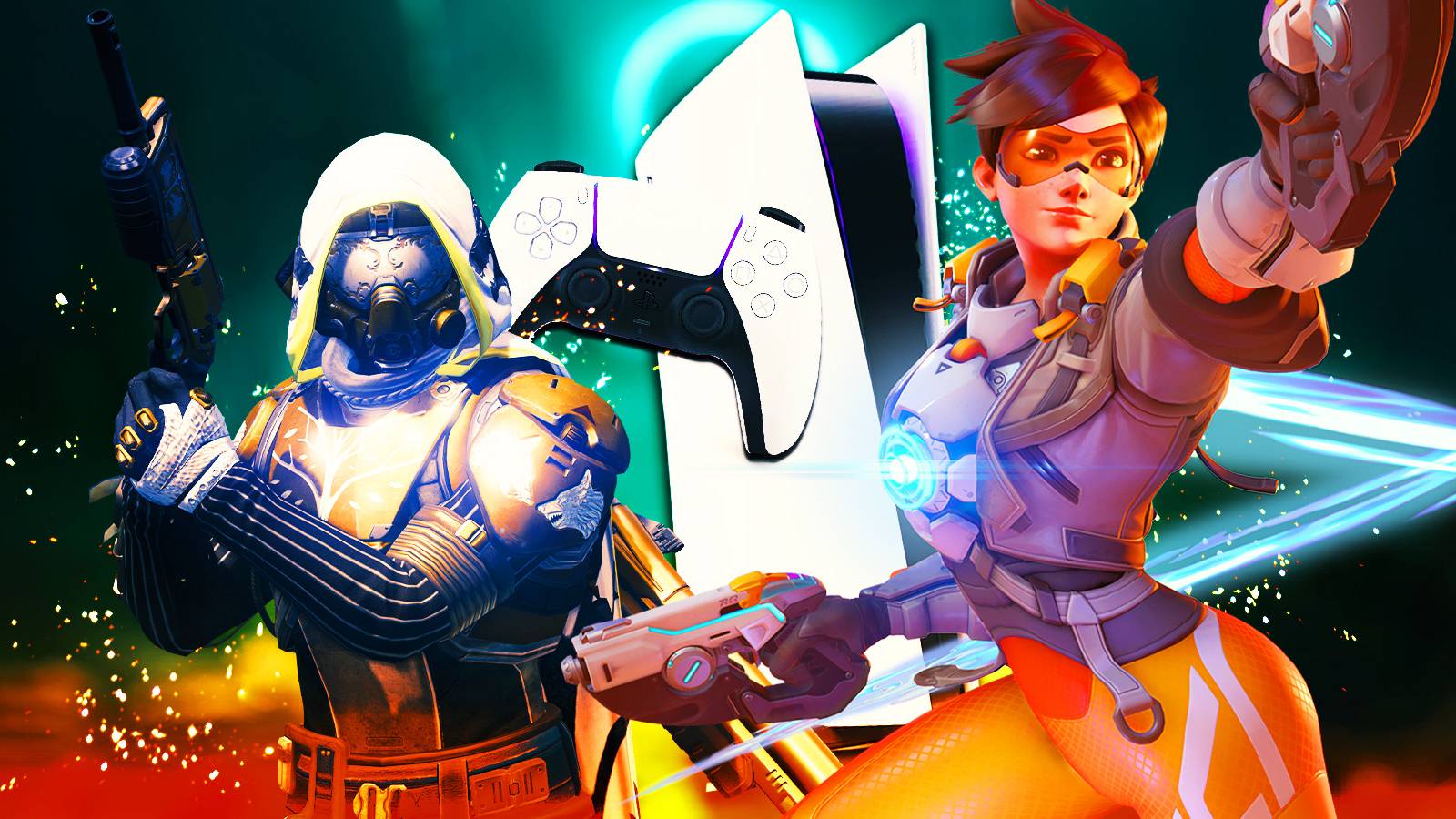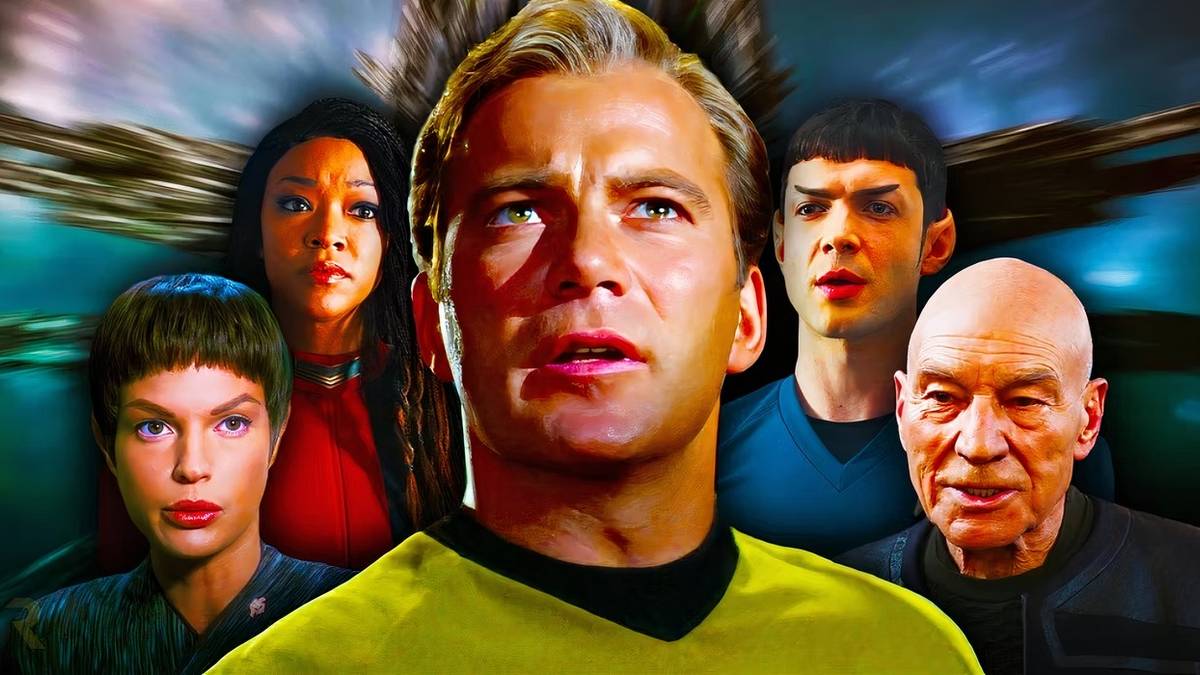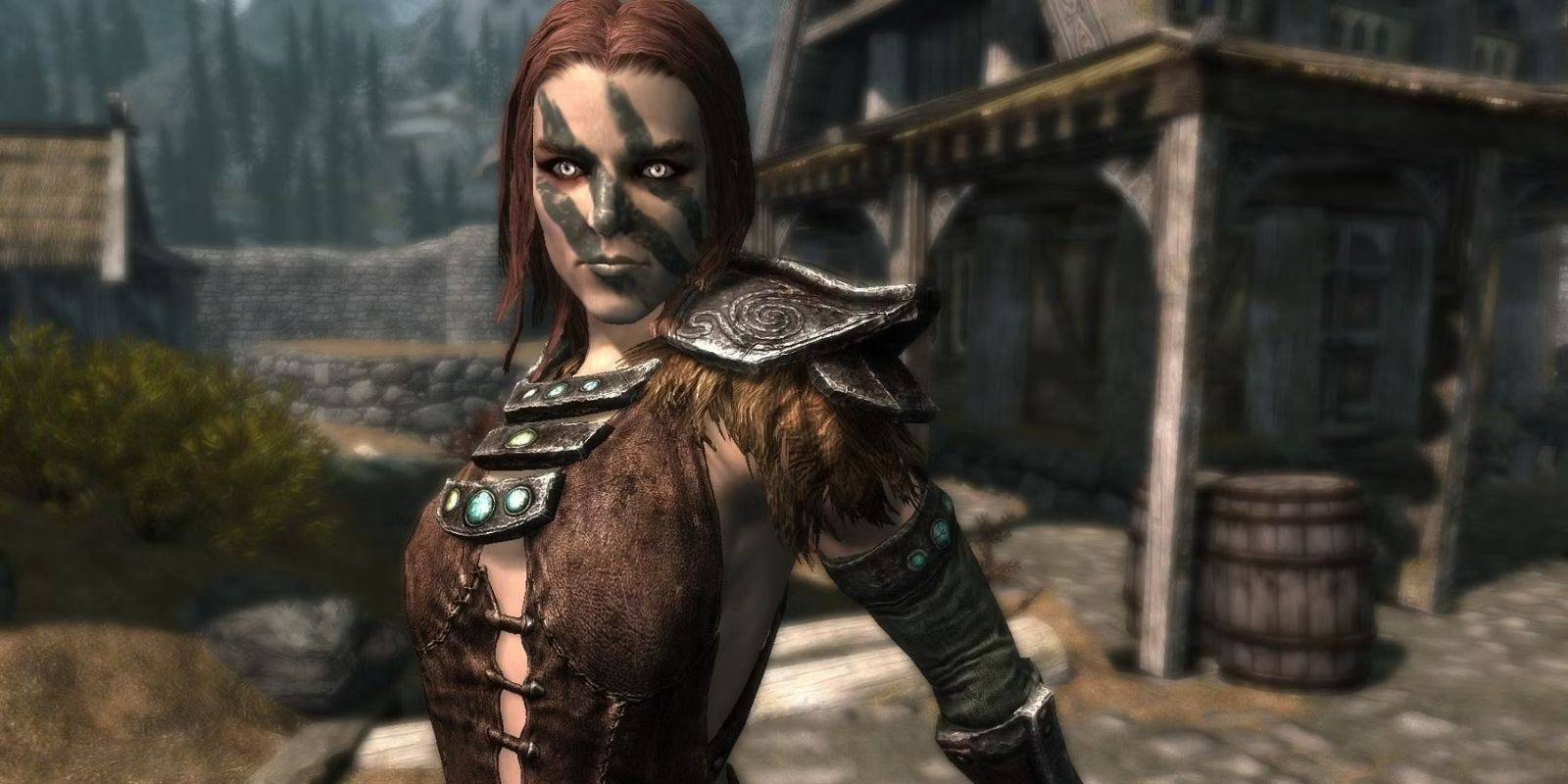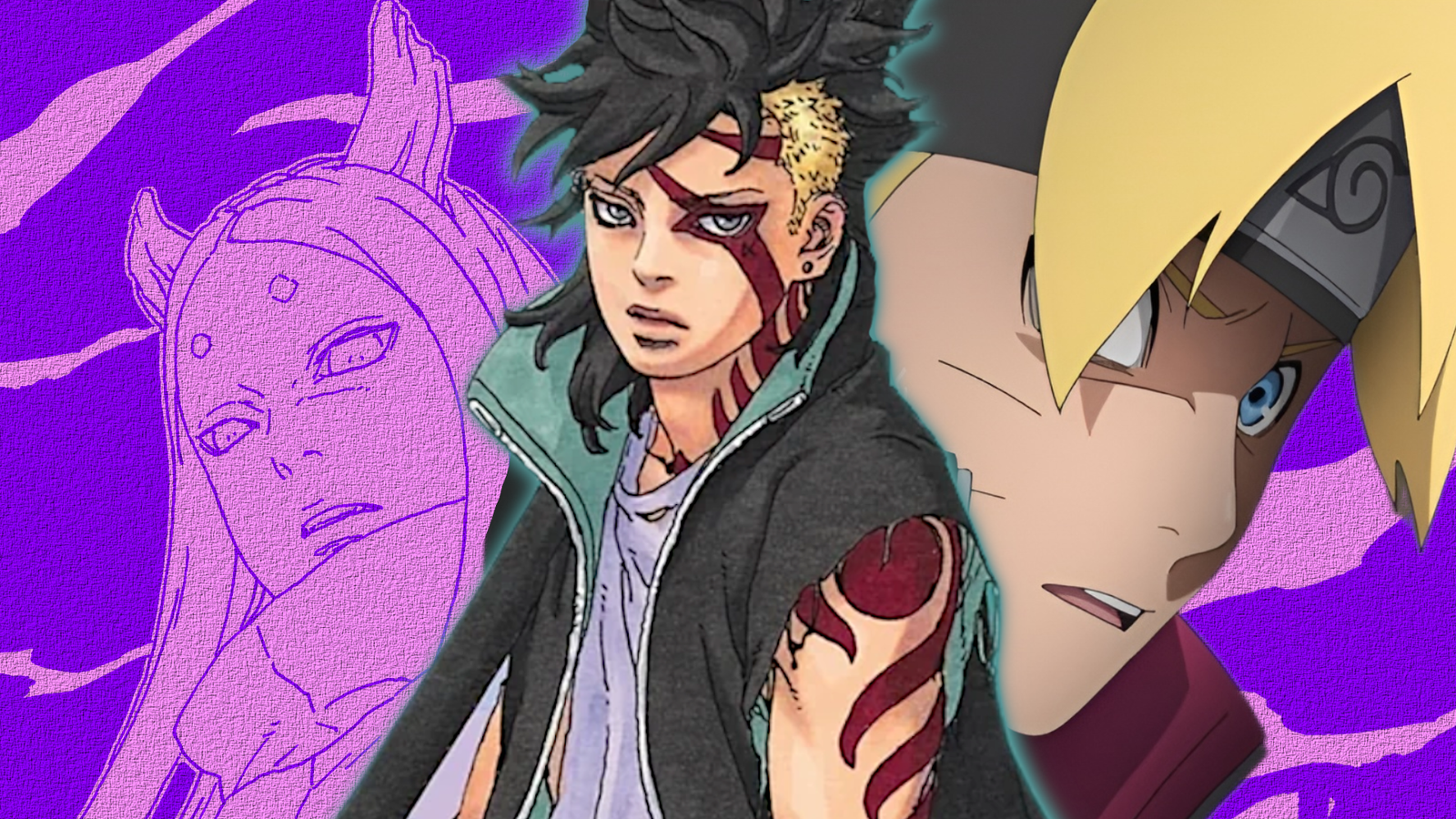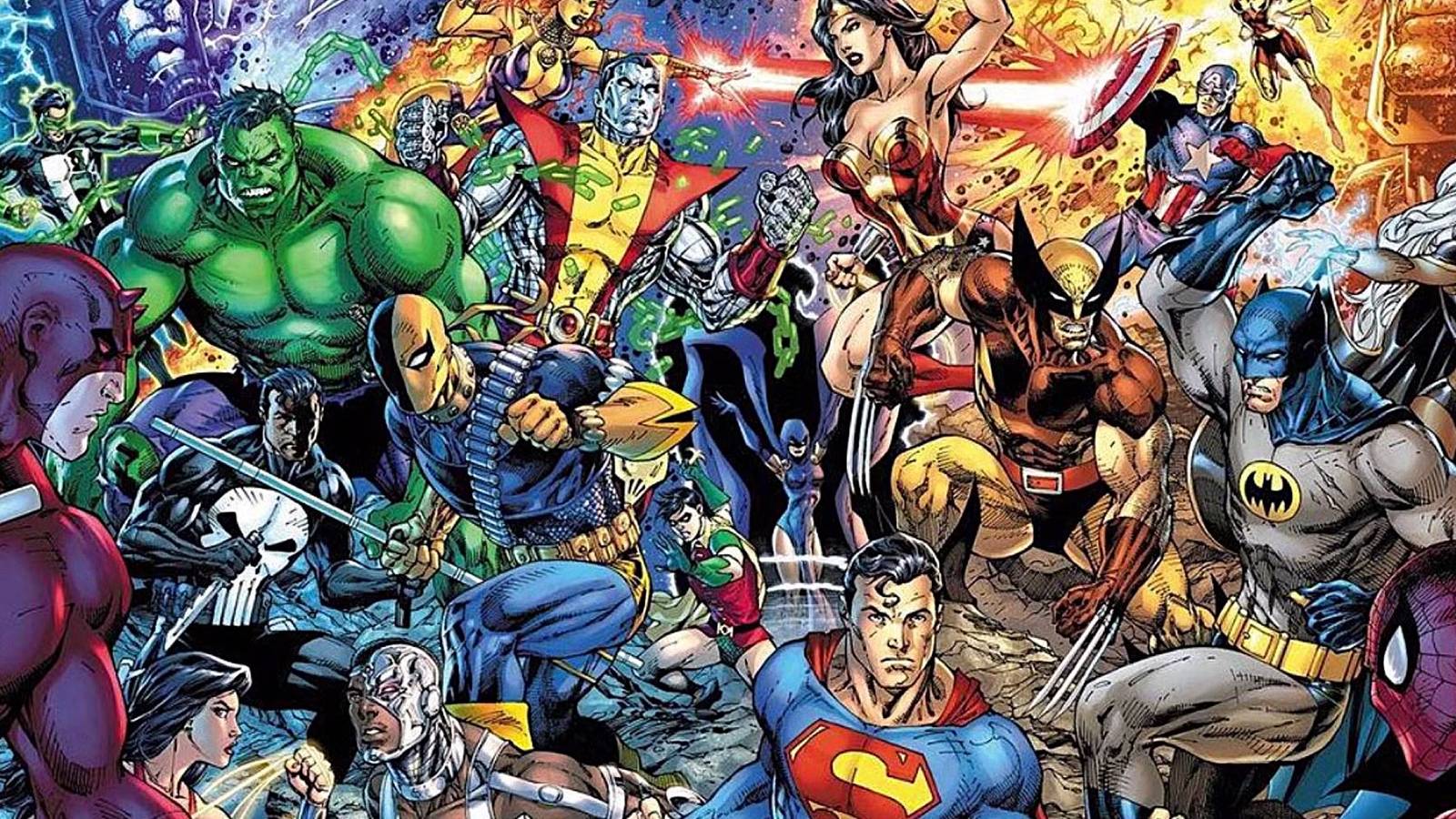In the vast Marvel Cinematic Universe (MCU), seemingly small moments often lead to monumental consequences. One of the most hilarious yet pivotal scenes in Avengers: Endgame is Hulk’s decision to take the stairs instead of the elevator. What started as a simple joke evolved into a defining point that shaped the entire MCU timeline and saga moving forward. This article explores the 8 major MCU events that happened because Hulk took the stairs, revealing how one annoyed Hulk changed the course of superhero history.
1. Loki’s Escape with the Tesseract
In that iconic scene, Hulk’s frustration leads him to smash through a door on his way down the stairs — accidentally knocking over Tony Stark and the Tesseract. This causes the Avengers to lose the powerful artifact, setting the stage for Loki’s unexpected escape. Instead of remaining imprisoned after the 2012 Battle of New York, Loki seizes the opportunity to teleport away, creating a new alternate Loki variant.
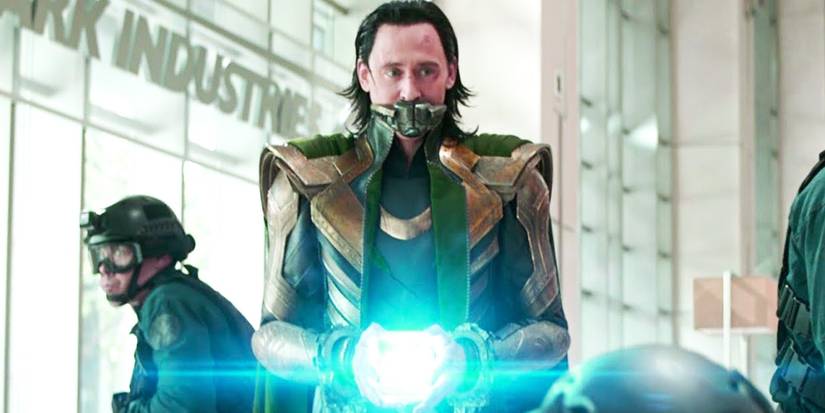
This Loki variant would go on to become central to the entire MCU Phase 4, starring in his own beloved TV series. Hulk unintentionally gave Loki a second chance, sparking a new journey of redemption and growth that refreshed the character without erasing his past.
2. The Birth of the MCU Multiverse Saga
Loki’s escape with the Tesseract fractures the Sacred Timeline, spawning the entire MCU Multiverse Saga. Originally, this kind of branching was supposed to be impossible, but thanks to Hulk’s stair mishap, multiple realities began to diverge.
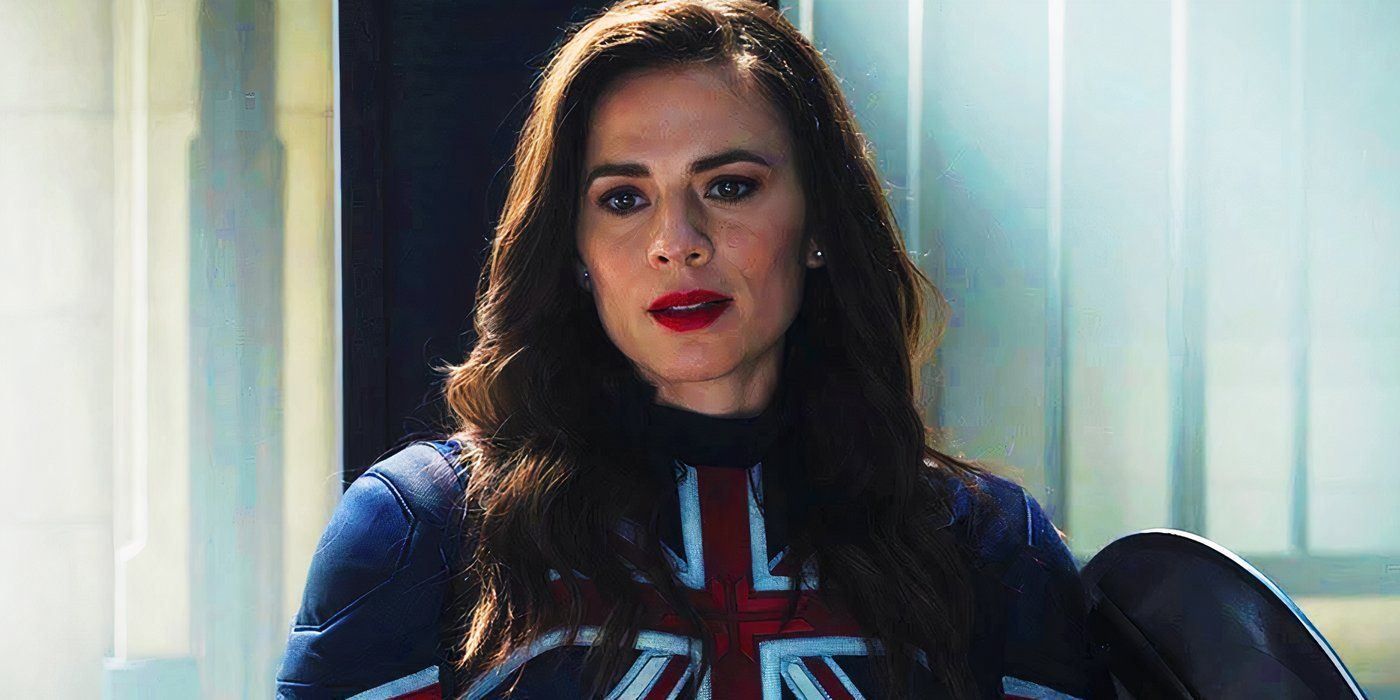
This disruption introduced the Time Variance Authority (TVA) and paved the way for multiversal narratives seen in Loki, Spider-Man: No Way Home, Doctor Strange in the Multiverse of Madness, and Ant-Man and the Wasp: Quantumania. Without Hulk’s blunder, the MCU’s multiverse might never have opened so elegantly and dramatically.
3. The Death of He Who Remains and Multiversal Chaos
The escaped Loki variant’s interaction with the TVA leads to a confrontation with He Who Remains, the guardian of the Sacred Timeline. Sylvie, another Loki variant, kills him, plunging the multiverse into chaos. This critical moment is a direct fallout from Hulk’s stair-related entry and Loki’s escape.
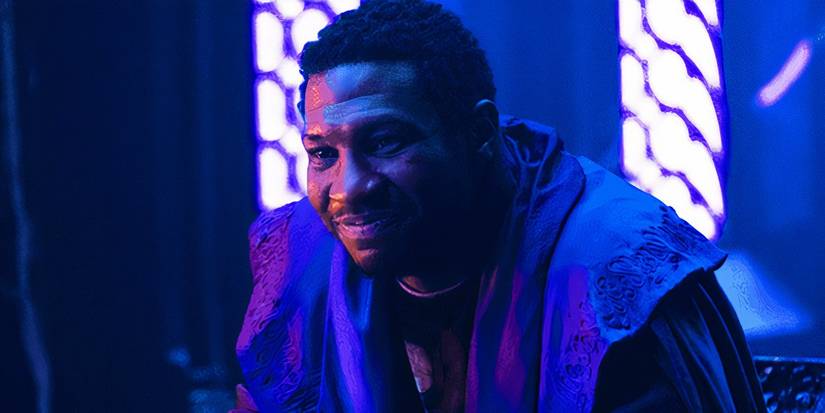
This unleashed infinite branching universes and set the stage for the multiverse saga’s tumultuous events. Without Hulk’s incident, the MCU wouldn’t have experienced the vibrant, unpredictable multiversal storytelling that fans love.
4. Spider-Man and Doctor Strange’s World-Altering Spell
With the TVA effectively dismantled, timeline breaches go unchecked. This creates the perfect storm for events in Spider-Man: No Way Home, where Doctor Strange’s spell to erase the world’s knowledge of Peter Parker backfires. Villains and alternate Spider-Men from across realities invade, reshaping the MCU.
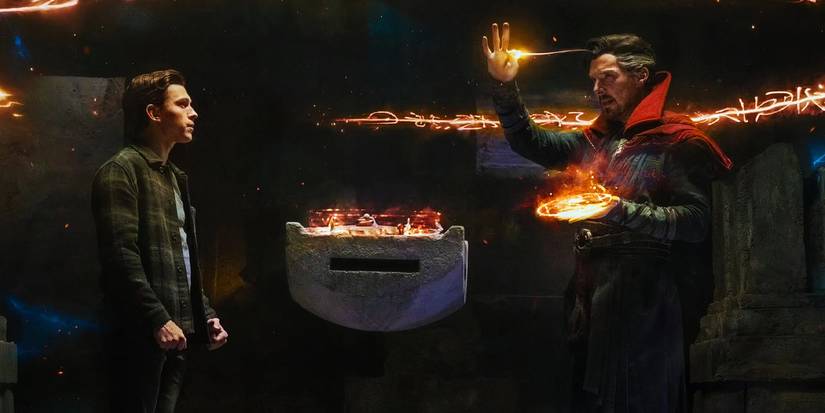
Again, this chaos traces back to Hulk’s door-smashing moment and the collapse of timeline policing, emphasizing how Hulk’s stair detour influenced major MCU plotlines.
5. Scarlet Witch Dreamwalks and Decimates the Illuminati
In the Doctor Strange in the Multiverse of Madness, Wanda Maximoff’s terrifying power to Dreamwalk into alternate versions of herself and possess them is a consequence of the fractured multiverse. This ability allowed her to annihilate Earth-838’s Illuminati, a sequence only possible because the TVA no longer exists to monitor and prune these realities.
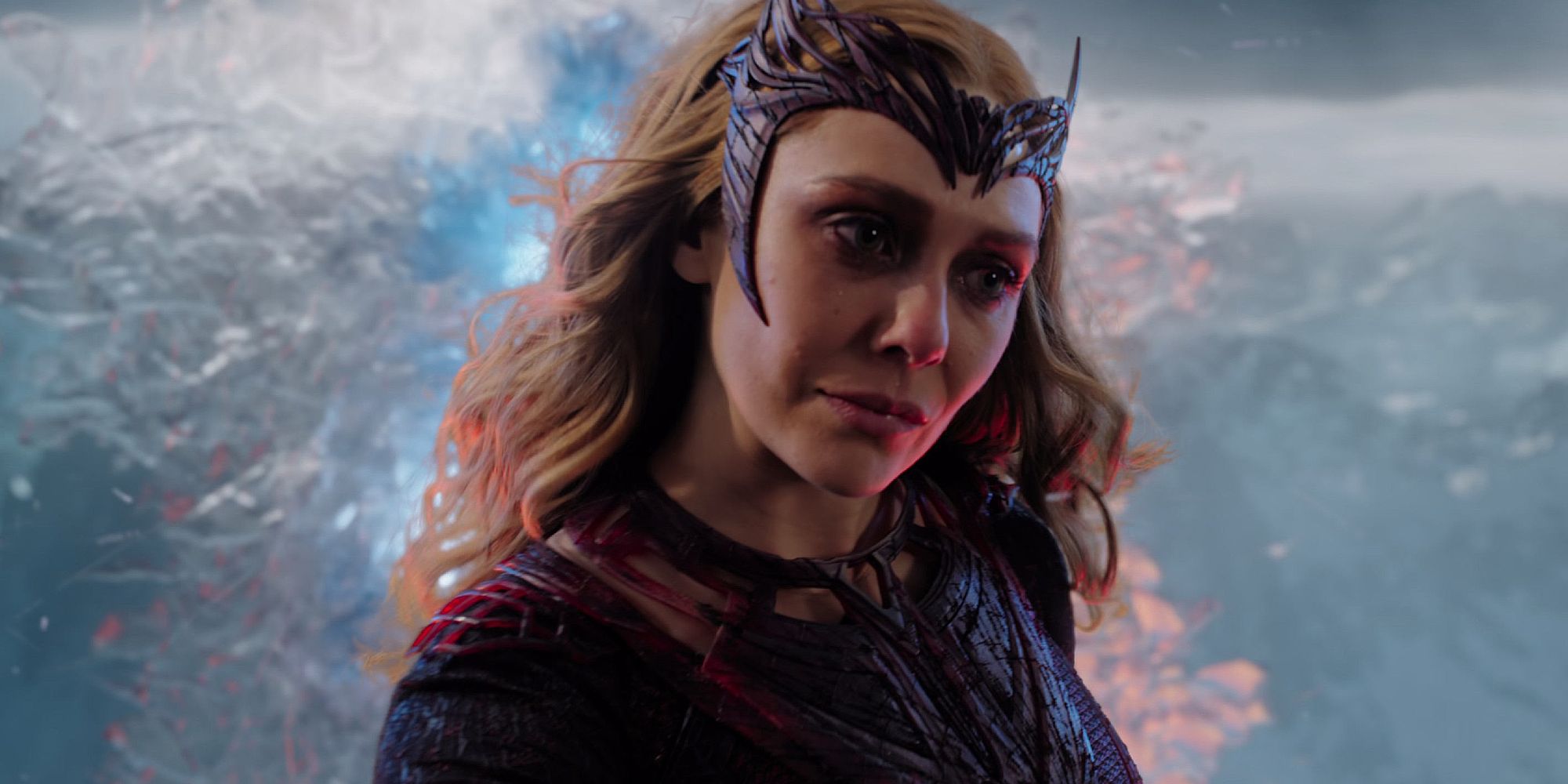
Hulk’s stair incident is the domino that toppled the TVA and permitted this dark turn in Wanda’s journey — a ripple effect echoing Hulk’s one irritated moment.
6. Tony Stark’s Emotional Reconciliation with His Father
Because the Avengers lose the Tesseract in 2012, Tony Stark and Steve Rogers travel further back to the 1970s during their time heist, where Tony unexpectedly meets his father, Howard Stark. This encounter gives Tony much-needed closure and personal growth just before the final battle against Thanos.
This intimate moment reshapes Tony’s emotional arc and highlights how Hulk’s frustrated stair descent indirectly led to this crucial reconciliation and the poignant end of Tony Stark’s journey.
7. Captain America’s Retirement and New Beginning
Following the 1970s detour to retrieve the Tesseract, Steve Rogers gains extra Pym Particles, allowing him to return to the 1940s and reunite with Peggy Carter. This peaceful retirement was possible only because the mission had to be altered after Hulk’s stair incident.
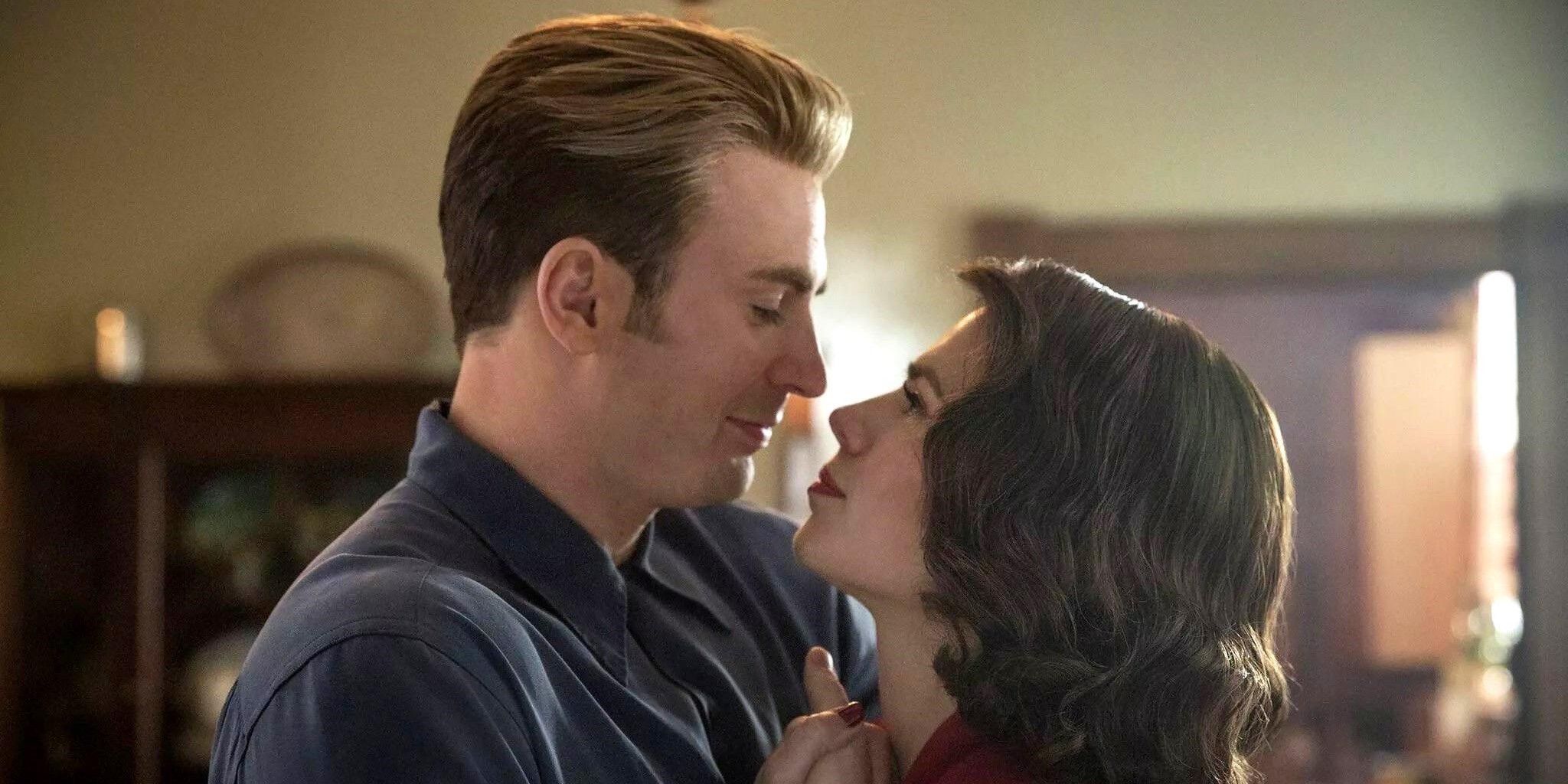
This unexpected consequence gave Captain America the happy ending he deserved and allowed him to pass on his shield to Sam Wilson. Hulk’s anger literally rewrote Steve’s destiny.
8. Loki’s Rise as the God of Stories
Finally, the Loki variant created because of Hulk’s stair rage evolves beyond the MCU’s traditional villain archetype. He becomes the God of Stories, a powerful figure who holds the Multiverse together through his growth, sacrifice, and newfound responsibility.
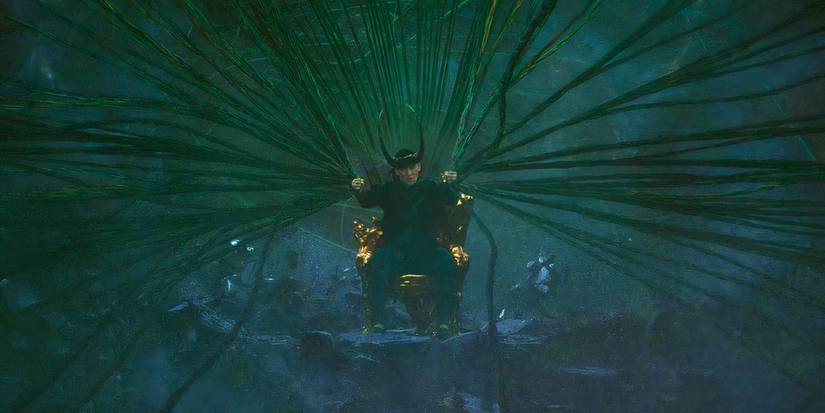
This grand destiny, the emotional core of Loki’s series and the Multiverse Saga, all began with that annoying, frustrated Hulk slamming through a door.
Conclusion
It’s astounding how one seemingly minor moment of frustration — Hulk taking the stairs in Avengers: Endgame — triggered an avalanche of major events that reshaped the MCU. From Loki’s escape to the creation of the Multiverse, the fall of TVA, and profound character arcs for Tony Stark and Steve Rogers, this single scene became the cornerstone of the MCU’s evolving narrative. Share your thoughts in the comments and explore more at keeperfacts.com.



